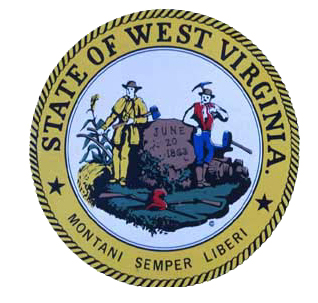Active duty service members may wish to go first to Armed Forces Legal Assistance's nice
online database to "locate active duty legal activities offering general legal services within the continental United States". A query for the state of Wisconsin is
hereAlthough Wisconsin does not at present have a
Section on Legal Services for Military Personnel, the
Wisconsin State Bar offered some useful resources in response to Sept 11. An article
article on WisBar's website describes how Wisconsin's legal community planned to offers assistance to those affected by Sept. 11 events:
Free seminars for lawyers
The State Bar - in partnership with the Government Lawyers and Young Lawyers divisions and local bars - is organizing a series of free CLE programs. More than 100 attorneys attended the live Oct. 4 seminar at the State Bar Center in Madison. The videotaped program is scheduled for Oct. 24, from 1:30 - 3:30 p.m., at statewide locations. The program will familiarize attorneys with the Soldiers' and Sailors' Civil Relief Act and the Uniformed Services Employment and Re-employment Rights Act. Lawyers who attend a seminar will be added to a list of volunteers to offer pro bono legal assistance to our Wisconsin National Guard and federal reserve military personnel who are called to service.Assistance to lawyers going into active service
The Wisconsin Lawyers Assistance Program is maintaining a list of attorneys who served in other military operations. Many attorneys who left their practices to serve in Bosnia and the Persian Gulf are available to offer advice to attorneys faced with similar issues today. If you are in need of assistance in preparing your practice for your absence, or if you'd like to volunteer to assist other lawyers, contact Shell Goar at the State Bar at (800) 444-9404, ext. 6172.Volunteer mediation services
The Marquette University Law School, the Marquette University Center for Dispute Resolution, and the Wisconsin Association of Mediators, in cooperation with the State Bar of Wisconsin, are developing a Peacemaker Project to provide pro bono mediation services to those directly affected by the Sept. 11 terrorist attacks. Among those eligible for mediation services will be offered to help resolve conflict or disputes are families of active duty military personnel; contact Prof. Janine Geske at (414) 288-7877, P.O. Box 1881, Milwaukee, WI 53201-1881 or jpg@execpc.com.
It would be helpful to get an update on the implementation of these projects. Feel free to include your findings in a comment below!
Pro Bono Support
Attorneys seeking to provide pro bono services for servicemembers, veterans or their families should check out Wisconsin's praiseworthy
Pro Bono insurance program. If you're considering setting up a clinic, you may consider
Pro Bono Initiative grant from its
Legal Assistance Committee.
General Purpose Help
WisBar also offers a
Lawyer Referral and Information Service that, not limited to military personnel, can be helpful to servicemembers & families seeking advice. Typically, the first half-hour of telephone consultation is only $20, according to
its website; there is also a Lawyer Hotline that can be free and useful for matters such as landlord/tenant, small claims court, basic family law, simple wills, bankruptcy and traffic issues. There is also a
Modest Means program for persons whose income is too high to qualify for free legal services, but too low to pay a lawyer’s standard rate:
http://www.legalexplorer.com/lawyer/lawyer-notafford.aspThe
Findlaw website has a city-by-city list of lawyers interested in representing active-duty military personnel, military reservists, and veterans
here.
Anyone with more information on these or other programs, please add in a comment below. The purpose is service!
See also






